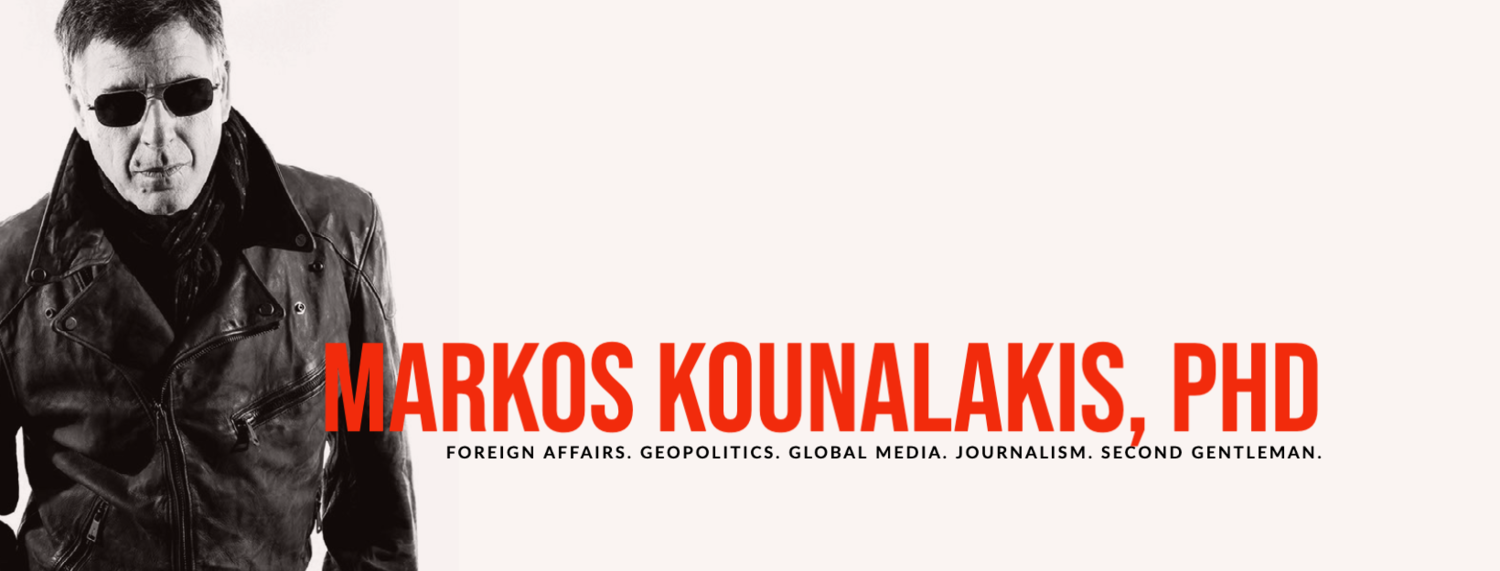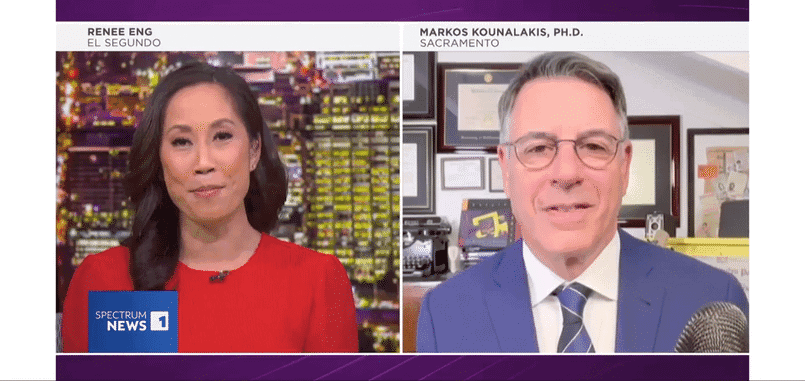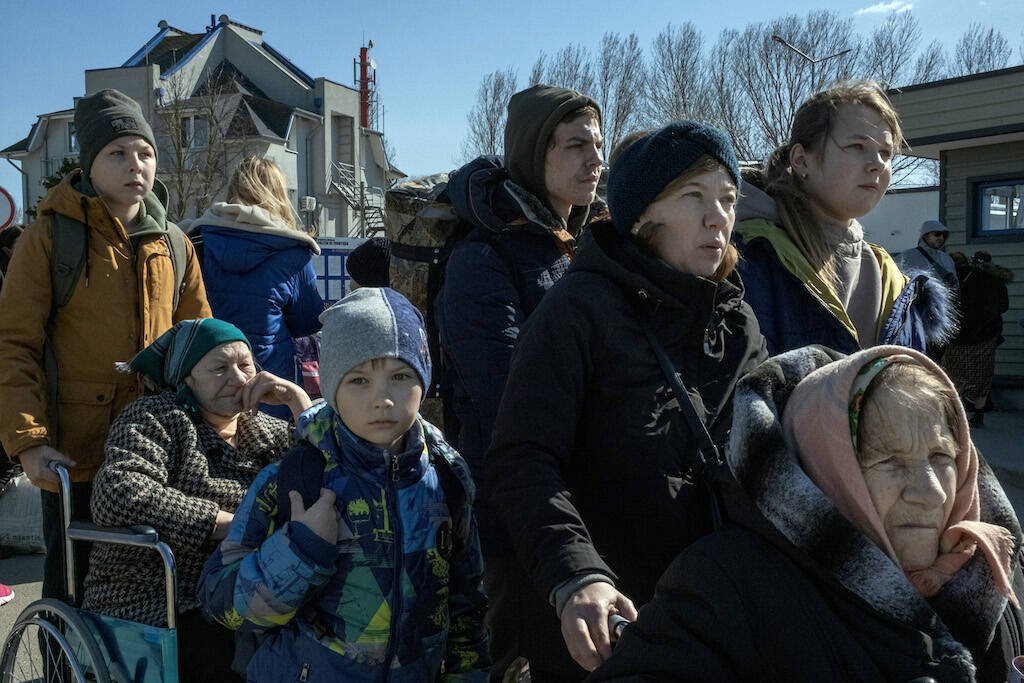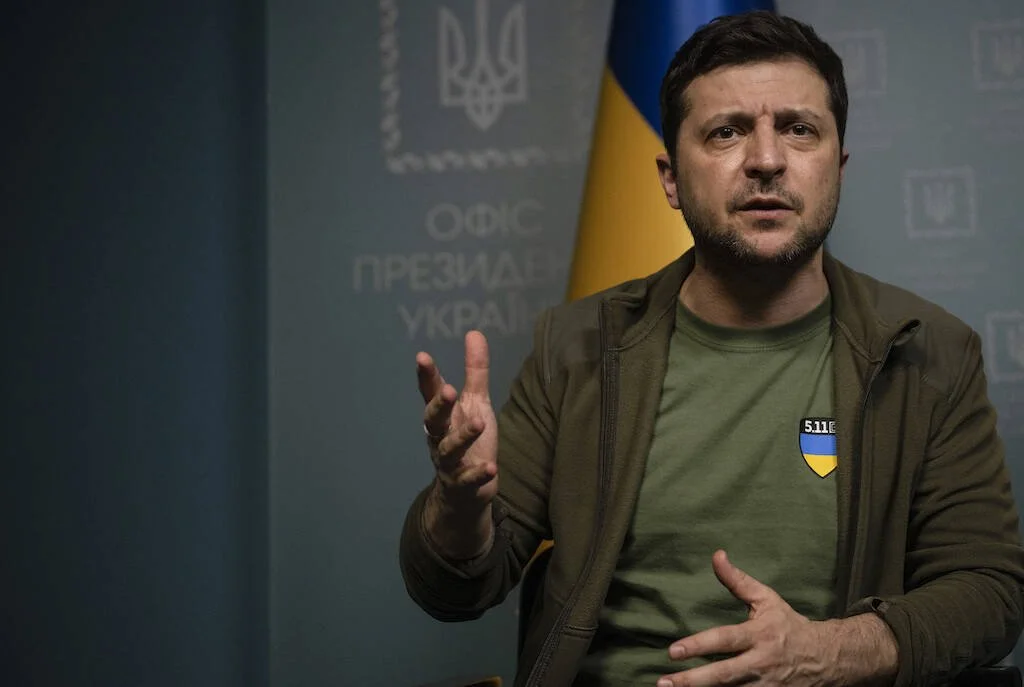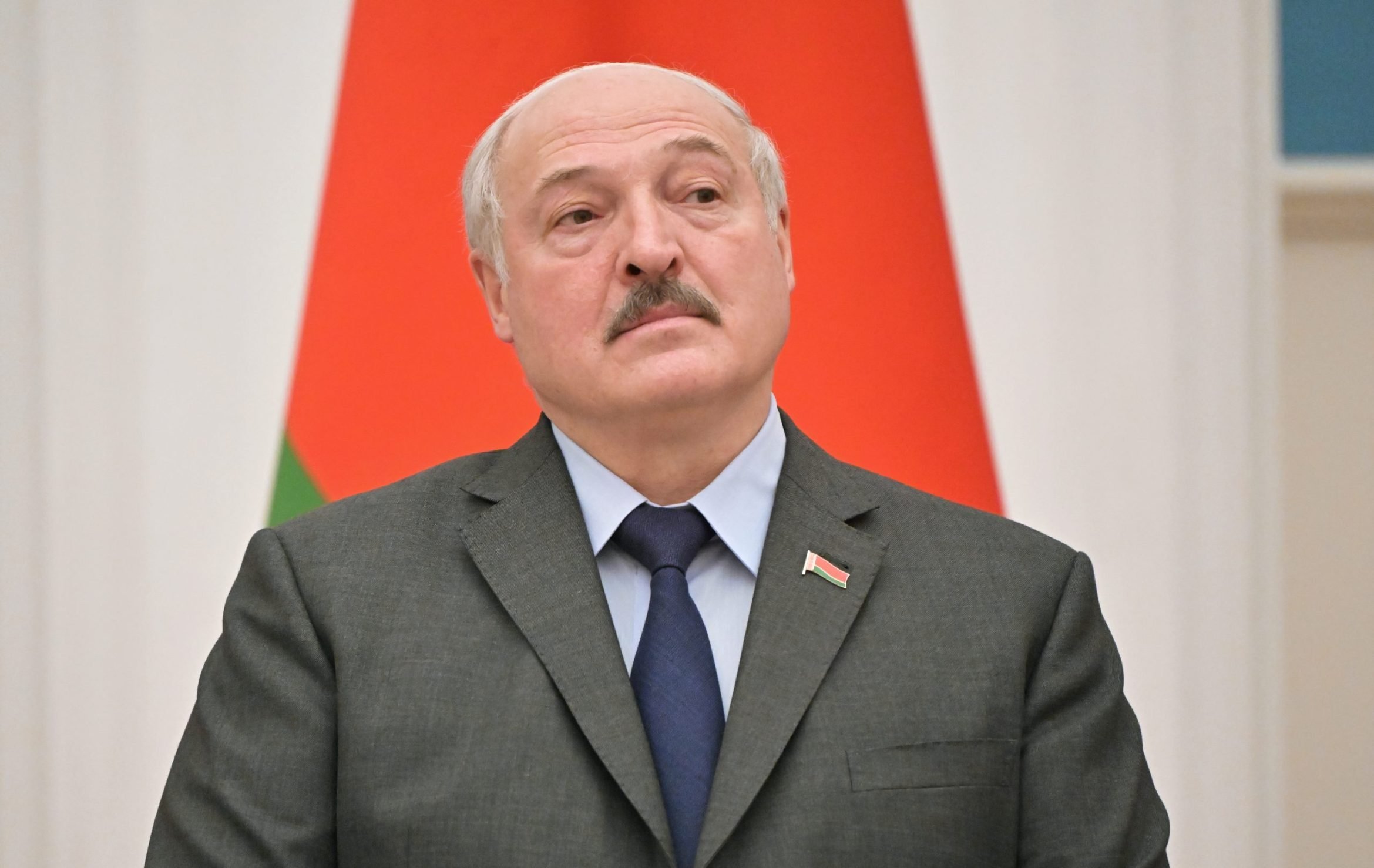Russia’s military is executing an unprovoked and unprecedented attack on a peaceful neighbor on many fronts, from the air and sea. The land war, however, would not be as effective or lethal were it not for Lukashenko providing a front along Belarus’s southern border, not far from Ukraine’s capital, Kyiv.
Indeed, Ukraine President Volodymyr Zelensky put it bluntly—Belarus is “not neutral,” he said—when weighing potential negotiations in the country’s capital, Minsk. “Warsaw, Bratislava, Budapest, Istanbul, Baku—we proposed all that to the Russian side,” he said. “Any other city would work for us, too, in a country from whose territory rockets are not being fired.” Belarus is, in fact, far from neutral. It is complicit with the Russian attacks, and Zelensky has reckoned that any negotiations on its land would be on enemy territory.
READ MORE
